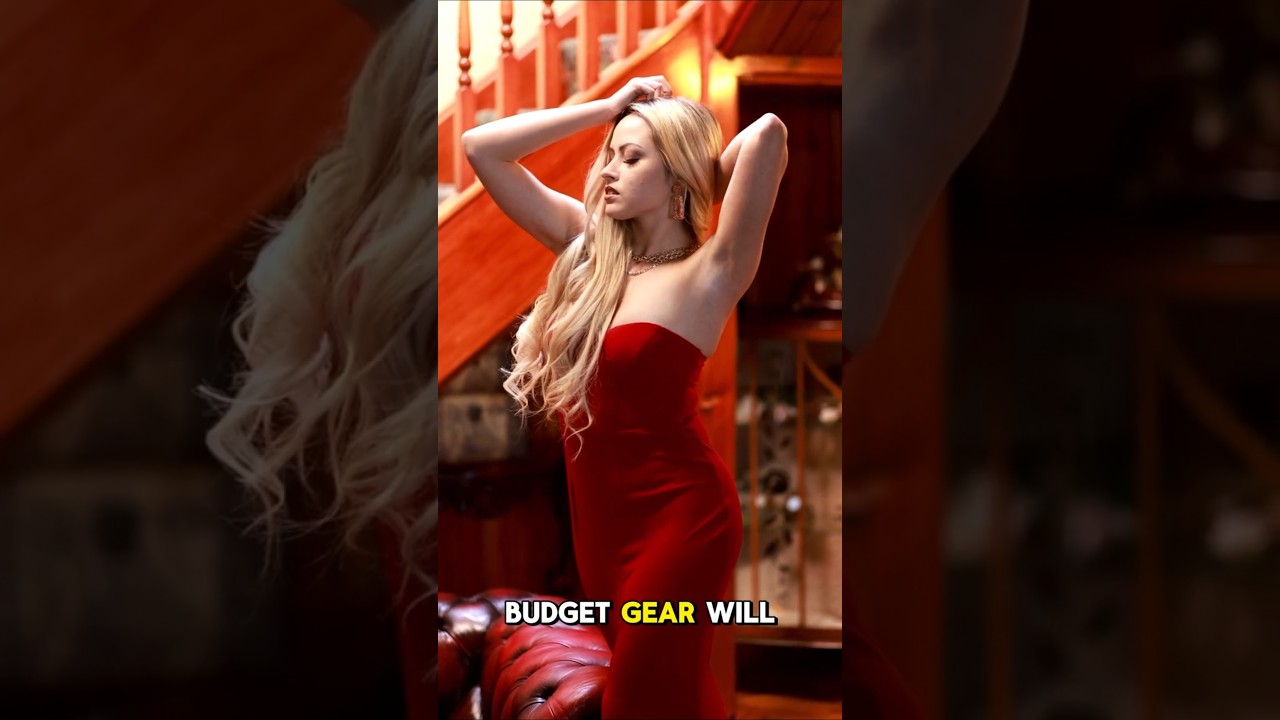An introduction to strobe lights. A conclusion & philosophy.
An introduction to strobe lights.. a conclusion.
So here's a recap with a little philosophy thrown in. Your key light is your main light. It's the light that dictates the main direction of light on to your subject, which more often than not, will be the light creating the lighting pattern - we'll cover this in the next series.
While we're talking about studio and strobe lights here mostly, this can be any main light source that is dominant in your lighting set-up, including the sun. There are other classifications for other lights within said set-up, but many of you are probably familiar with 'fill lighting'. The fill light softens the shadows in an image, and also those lighting patterns from the key source, but again, we'll cover that in a future 101.
So, a light is a light, but they come in all shapes and sizes. Strobes are not exempt from this rule, and while many are similar, with different brands, and with advancements in tech, they can be looking pretty different. A speedlite flashgun that you can put on your camera (it can also be used off of it with the right trigger/receiver/transceivers) is not too dissimilar to that of a studio strobe, they just have different advantages, or even limitations to overcome depending on their use. What remains across all strobe lights, is that the most basic and needed functionalities are the same, but within the niche of what the strobe was made to achieve. I.E a speedlite will be smaller and more convenient, but it'll also be less powerful and will slow as the batteries tire. It's still technically a strobe light, and it will have many functionalities of a studio strobe, sometimes more. Some speedlites, however, can not be triggered by via their optical receiver from ANY pulse of light, but only that of its own brand. I'm not entirely sure how this works, but I do know it's all a bit 'Applely'.. because who wants compatible and convenient gear anyways?
They say in photography "buy right first time, buy one time", but I say, "take shortcuts, get shortcomings!"
What do I mean by this?
Basic gear doesn't always perform as you expect it to, and with very little knowledge as a new photographer, you will not understand whether it's you or the equipment. It will also break while you're experimenting with it, and while your budgets are still tiny, after all, you chose the cheaper option. This all sounds terrible, right? That's why the philosophy 'buy right first time, buy one time' exists. It suggests that you should have spent twice as much for the better thing instead, and if you did, it'll save you headaches. The idea extends to the concept that it'll cost you more in the long run by replacing cheaper gear constantly, so you don't gain anything by being cheap.
But here's the catch, in my experience.. that's BULLSHIT
Buying something to do all the heavy lifting for you is a sure fire way to complacency, arrogance, and ignorance. So you don't have the knowledge yet to know whether it's user error or the equipment isn't good enough? Good! You will strive to learn answers. You will end up understanding equipment better and be a better photographer, not forgetting to mention that you will also enjoy the sweet relief in knowing it's not you when you have that eureka moment. The flip side of this, of course, is not knowing what the fuck you're doing and blaming the equipment. "A bad workman blames his tools", and all that. That's not a level of arrogance you want to get stuck in.. and many do, I've seen it. Plenty of people think they're great and get frustrated at equipment when it's user error.
Take shortcuts, get shortcomings!
But I can't afford to replace cheap gear!? Good! Shit happens, life isn't ideal.. you probably couldn't afford to buy the good gear that you can't use, either. That good gear that will be replaced in two years as technology advances. Sure, it'll be built better and last longer as a whole.. but it will fail, all technology fails. Something always goes wrong or doesn't work correctly, and seemingly for no reason, and when you least expect it and need it to. Those of you with cheap strobes have already acquired an engineering degree from fixing poorly made gear, propping it up in certain ways, and 'A-teaming' (cue music) the shit out of a set-up that isn't working as it should. However, those with expensive gear are crying that it's not doing everything for them, or it's not magically fixing problems they've never had to encounter and aren't prepared for, right while a high paying client is sitting over their shoulder. Hopefully, right there, it's just dawned on them that they haven't got a fucking clue what they're doing, and they need to be better and to reel in their ego!
If you can afford the better gear, just don't be arrogant and ignorant with it. Don't take shortcuts, learn your craft. You don't have to learn it overnight, and you don't have to learn HSS if you're never going to use - cross that bridge when you do, so don't choose to get overwhelmed. In life, you will always in be in a situation at some point that you're underqualified for, but your experience up to that point will push you to learn, understand and tackle it in a much better and mature manner than if you're waving your dick around and thinking that everyone else, or the equipment, is the problem. I'd not trade my experience with those unbranded strobes for anything.
